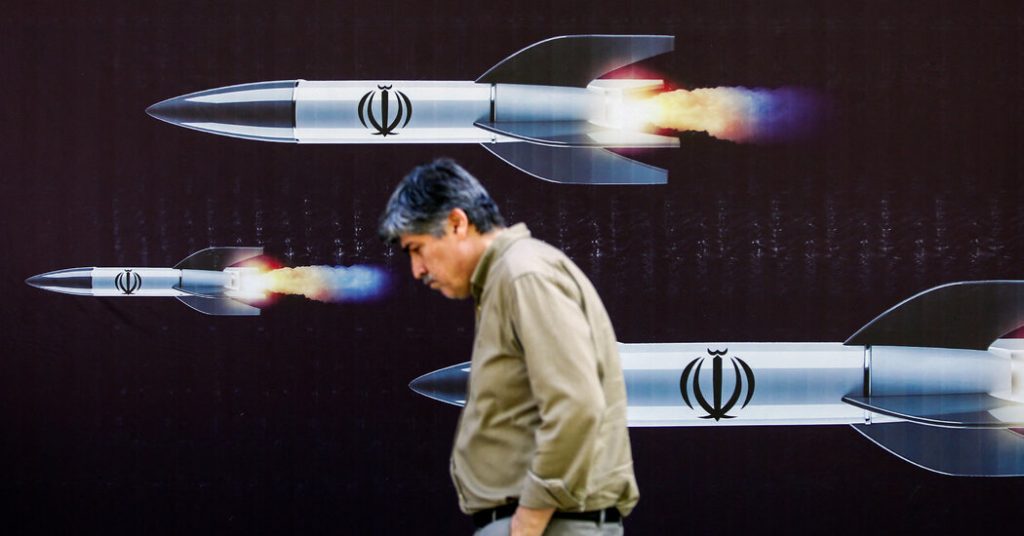Following the death of Iran’s president, Ebrahim Raisi, in a helicopter crash, speculation has arisen about whether Iran will decide to build a nuclear bomb in 2024. Despite having the resources and capabilities to do so, Iran has never crossed that threshold. However, hard-liners in the country are less opposed to the idea of nuclear weapons than the regime has been in the past. The recent exchange of military attacks with Israel has also shifted Iran’s stance, with some officials indicating a readiness to change their military doctrine if Iran’s existence is threatened.
Iran’s relationship with nuclear technology has always been ambiguous, with the country keeping outside powers guessing and worrying about its intentions. Religious reservations and membership in the Treaty on the Non-Proliferation of Nuclear Weapons have played a role in Iran’s decision-making, but the biggest reason has been strategic. Historically, Iran has concluded that it stands to gain more by abiding by international nonproliferation norms rather than racing to build a bomb, which could invite American military intervention. However, dysfunctional U.S. nuclear policy towards Iran has pushed the country towards enriching uranium as a defensive posture or negotiating tactic.
Under Ayatollah Khamenei, Iran has maintained its commitment to the nonproliferation treaty, despite hard-liners occasionally suggesting that Iran might be better off following the North Korea model and racing for a bomb. Mr. Raisi’s death has shifted the landscape dramatically, with the regime potentially moving further into militarism and dominance by the Islamic Revolutionary Guards Corps. The I.R.G.C. may seek to engineer a reversal of the fatwa against nuclear weapons and play a decisive role in the succession battle for the role of supreme leader, especially in the absence of strong contenders other than Ayatollah Khamenei’s son.
Iran has historically pursued a nuclear hedging strategy as a defense against external aggression, calculating that racing for a bomb would invite more hostility, particularly from the United States. However, a distracted and unpredictable Washington may not be able to react strongly to a sudden Iranian rush for a bomb. With ongoing conflicts, potential changes in American leadership, and a domestic power vacuum that the I.R.G.C. could exploit, there is a window of opportunity for Iran to test a nuclear device. While this scenario may not be certain, the possibility of an Iranian rush for a bomb feels more real than ever, highlighting the complexities of Iran’s nuclear program and decision-making.








